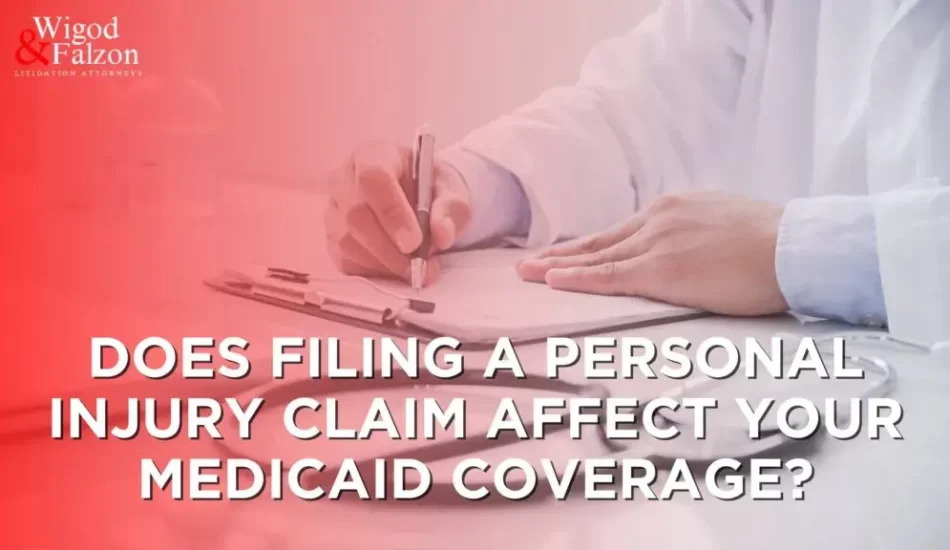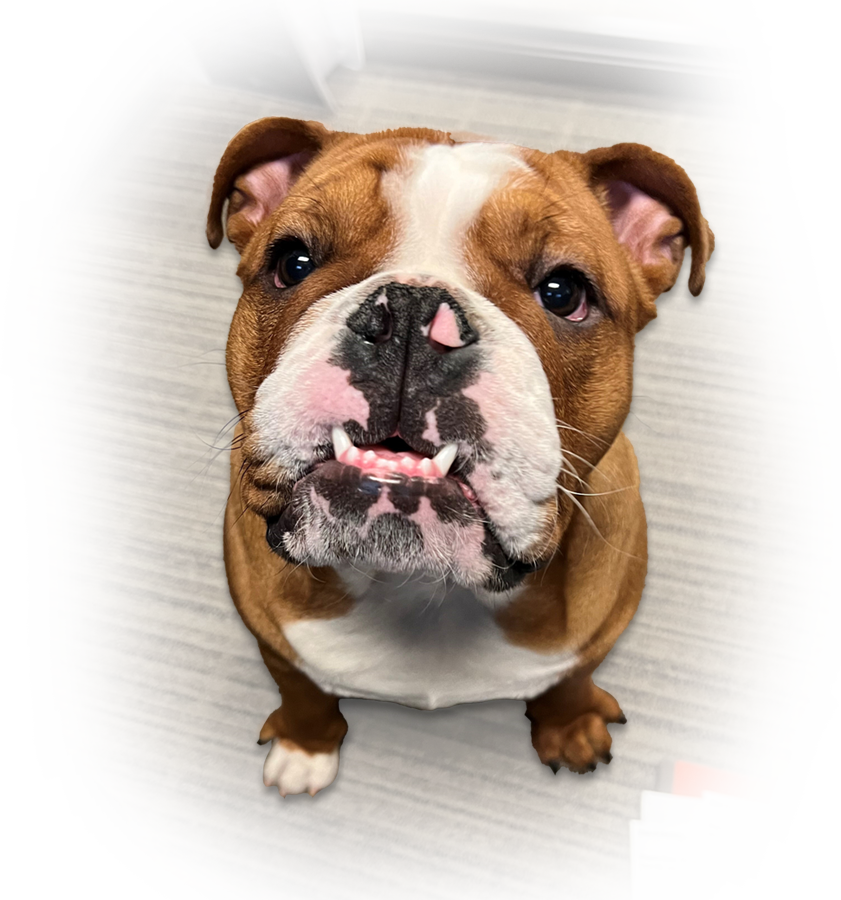Navigating Personal Injury Claims: Safeguarding Your Medicaid Coverage

Many people hesitate to file personal injury claims after a catastrophe, such as a car accident, due to concerns about their Medicaid coverage and eligibility. This is a valid concern, as personal injury settlements can impact your eligibility to receive Medicaid benefits.
However, with skilled, knowledgeable, and compassionate legal help, there are ways to navigate this challenge.
Safeguard Your Medicaid and Personal Injury Settlements
Medicaid assists many low-income Americans with health insurance through an income-based approval process. That approval process can quickly become complicated if a recipient’s financial situation changes. Unfortunately, your Medicaid benefits can become compromised if you receive a settlement from a personal injury claim.
However, there are ways to avoid losing your Medicaid coverage when filing a personal injury claim. Ensuring you secure skilled, knowledgeable, and compassionate legal help will make all the difference in protecting your Medicaid coverage while pursuing your personal injury case.
A Personal Injury Can Complicate Your Health, Life, and Finances
We all hope to move through life without experiencing hardships such as a personal injury related to a car accident or other mishap. Still, when the unthinkable happens, it is imperative to plan your next steps properly.
You may feel overwhelmed with doctor’s visits, the future of your health, and bills piling up due to lost wages. The effect that this can have on your loved ones, including dependents, can feel crippling.
The average personal injury settlement amount is $60,000, which is no small sum when finances are tight following an accident! A personal injury settlement like that would relieve much of your financial burden, but if you receive Medicaid coverage, obtaining a settlement can compromise your Medicaid eligibility.
It’s essential to examine how Medicaid coverage can be affected by a personal injury claim and the impact this can have on your current situation. You’ll need to consider your countable assets, which are significant in determining your Medicaid eligibility post-settlement.
Exploring the Historical Connection Between Medicaid and Personal Injury
With Medicaid eligibility contingent on income and assets, it’s no surprise that a sudden increase in income or assets can disqualify a person from continuing to receive Medicaid coverage.
However, when faced with a personal injury, there are more challenges to consider than medical bills. Lost wages, pain and suffering, and the impact the accident can have on your life and loved ones, including dependents, must also be considered.
Unfortunately, the Supreme Court has sided with Medicaid in the past, allowing Medicaid to recoup settlement funds intended for future medical care to cover the cost of care it has already provided for an accident victim.
For victims of personal injuries, this means that not only can their Medicaid care be rescinded after receiving a settlement, but the settlement itself is at risk of being intercepted by Medicaid for past and future care costs.
What are Countable Assets?
Countable assets are financial and property resources that Medicaid considers when determining an individual’s eligibility for coverage. Examples include cash, the funds in your bank account, real estate owned (excluding a primary residence), investments, and certain personal property.
Medicaid eligibility is determined by the value of one’s countable assets, and exceeding these limits can impact a person’s eligibility to receive Medicaid.
Facing the Facts: The Impact of a Personal Injury Claim on Medicaid Coverage
The settlement funds can be classified as a countable asset if you receive a settlement from a personal injury claim. The settlement can push you above Medicaid’s asset limit, which, if surpassed, may result in a temporary or permanent loss of your Medicaid benefits.
Managing your countable assets, including future settlement funds, is crucial during the settlement process to ensure that your Medicaid coverage is not jeopardized. This involves strategic planning and legal assistance to navigate the complexities of personal injury claims without adversely affecting essential healthcare benefits.
Examples of ways to manage your countable assets when receiving a settlement include:
1. Structured Settlements
Opting for a structured settlement rather than a lump-sum payment provides periodic payments over time, which can reduce the immediate impact on your countable assets and subsequent Medicaid eligibility.
2. Special Needs Trusts
Establishing a special needs trust to cover specific non-medical needs can help preserve Medicaid eligibility for healthcare-related expenses.
3. Medical Expense Planning
Properly documenting and allocating the settlement funds toward past and future medical expenses may allow the funds to be excluded from the countable assets used in determining Medicaid eligibility.
How to Protect Your Medicaid Coverage During a Personal Injury Claim
Navigating through lost wages, emotional distress, medical bills, and the aftermath of a personal injury can be overwhelming, especially when coupled with the fear of losing your Medicaid coverage.
Having a reliable, transparent, and experienced lawyer by your side can significantly ease this burden. Don’t face these challenges alone. Protect your Medicaid coverage proactively; Wigod + Falzon will empower you with knowledge, confidence, and informed options.
Move Forward with the Experience and Knowledge of Lawyers Who Care
To avoid losing your Medicaid coverage, it’s imperative to have a legal team with both experience and knowledge.
The skilled, knowledgeable, and compassionate lawyers at Wigod and Falzon will work hard and keep your best interest in mind. Losing isn’t an option with us; contact Wigod and Falzon today to discuss the best options for your personal injury or car accident case.
About Wigod and Falzon
Serving Detroit and its surrounding areas for nearly three decades, the Wigod and Falzon personal injury law firm has the knowledge and experience to lead you through every step of pursuing a personal injury settlement.
Wigod and Falzon operate on a contingency fee structure, meaning the fees and case expenses are covered by a percentage of the settlement/judgment. At Wigod & Falzon, we take 5 percent less than the other guys, ensuring that legal aid is equitable and available to all–no down payment necessary.


